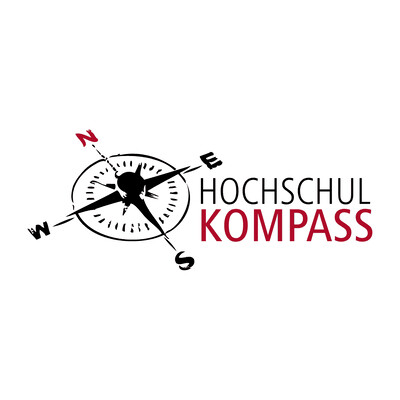Politics and Economics of the Near and Middle Eastfull time
Master of Arts
Master
Degree4 semesters
Standard period of study (amount)
Marburg
Location
Overview and admission
Study Type
graduate
Admission semester
Winter Semester only
Area of study
- Political Science
- Economic Sciences, Economics
- Oriental Studies
Focus
Consolidation of regional knowledge and language skills\; development and discussion of topics at the interface between politics and the economy, Analysis of sociopolitical conflicts in the Near and Middle East from an inter-disciplinary perspective\;
Target group
Graduates of a first professionally qualifying degree (at least Bachelor or comparable) at a German or international university or comparable institute of higher education in which sufficient Political or Economic Science skills were taught. Sufficient skills are assumed with a degree covering at least 60 credit points in the methodological and technical basics - of Political Science - or Economic Science .
Annotation
The interdisciplinary Master's degree programme "Politics and Economics of the Near and Middle East" represents a unique combination of political and economic sciences for the Near and Middle East region in Germany. Following a subject-related relevant Bachelor's degree programme, the Master's degree programme deepens regional and language skills (Arabic and Persian) and research-oriented topics at the interfaces between politics and business are developed and discussed. Students should be interested in analysing the socio-political conflicts in the Near and Middle East from an interdisciplinary perspective and in pursuing their own political-economic issues. Students who already have knowledge of economics will first attend political science modules and vice versa. The Master's degree programme focuses on content in which business and politics are intertwined. Examples include resource conflicts, the distribution of oil revenues, the links between prosperity and development, the political effects of investments, Islamist economic policy, clientelism, etc. The individual subject-specific aptitude is determined by an aptitude assessment procedure
Admission requirements
https://www.uni-marburg.de/de/studium/studienangebot/master/m-polwirtnahost
Lecture period
- 15.04.2024 - 19.07.2024
- 14.10.2024 - 14.02.2025
Application deadlines
Winter semester (2024/2025)
Application deadline for Germans and inhabitants
The application deadlines for study programmes at the Philipps-Universität Marburg can be found on our university homepage under the following link: www.uni-marburg.de/de/studium/bewerbung/bewerbungsfristen
Deadlines for International Students from the European Union
The application deadlines for study programmes at the Philipps-Universität Marburg can be found on our university homepage under the following link: www.uni-marburg.de/de/studium/bewerbung/bewerbungsfristen
Deadlines for international students from countries that are not members of the European Union
The application deadlines for study programmes at the Philipps-Universität Marburg can be found on our university homepage under the following link: www.uni-marburg.de/de/studium/bewerbung/bewerbungsfristen
Enrollment deadline for Germans and foreign students
The application deadlines for study programmes at the Philipps-Universität Marburg can be found on our university homepage under the following link: www.uni-marburg.de/de/studium/bewerbung/bewerbungsfristen
Tuition fee
Fees
There are currently no tuition fees in the state of Hesse!
Languages of instruction
Main language
German
Further languages
English, Arabic

